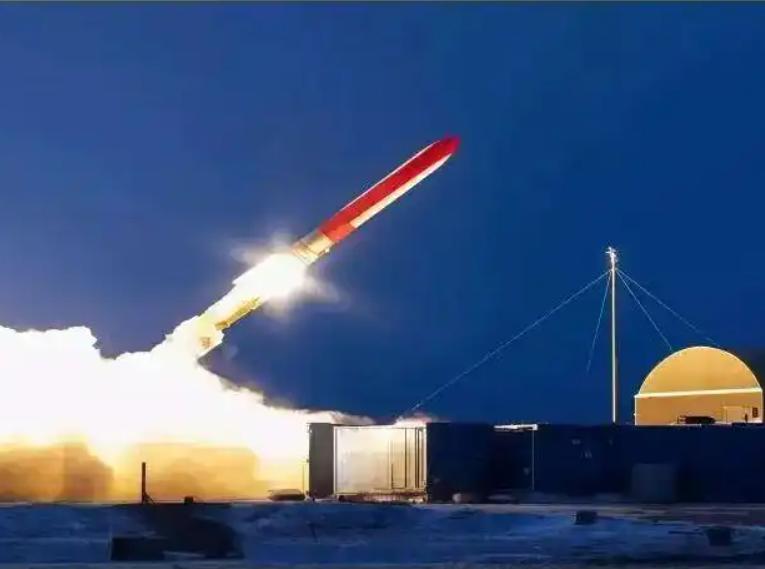
The United Nations recently announced that 2025 will be designated as the International Year of Quantum Science and Technology, during which a series of activities related to quantum science and technology will be held. These activities aim to increase public awareness of quantum science and technology and explore its potential benefits for humanity. Although the application of quantum mechanics still belongs to emerging fields, quantum technology has shown enormous potential in fields such as quantum computing, quantum sensors, and quantum communication. However, compared to artificial intelligence and genome editing, quantum technology has not yet attracted widespread public attention.
Firstly, quantum technology has become an important component of multiple national science and technology plans, while also attracting significant investment from the private sector. A study by McKinsey&Company last year estimated that by 2035, the automotive, chemical, financial services, and life sciences industries will gain approximately $1.3 trillion in economic value from the application of quantum technology. Global investment in quantum technology is also increasing. China's quantum technology investment in 2022 reached 10 billion US dollars, ranking first in the world, followed by the European Union and the United States. The core value of quantum technology lies in its ability to change the transmission and utilization of information. However, due to the dual potential of quantum technology, there is also a risk of its misuse, such as potentially weakening digital security.
Secondly, regarding the governance of quantum technology, the World Economic Forum (WEF) is one of the earlier international organizations to focus on quantum computing governance. WEF has proposed a "quantum governance" framework based on principles of transparency, inclusiveness, accessibility, non malice, fairness, accountability, and common interests. The members participating in this framework include leaders from national government agencies, academic institutions, and the private sector. The goal of WEF is to establish trust in the technology development process, accelerate the development of responsible quantum computing, and prevent and mitigate potential risks. The advantage of this framework is that it focuses on responsible development from the beginning, rather than remedial measures afterwards.
In addition, most of these frameworks and initiatives come from researchers who collectively focus on and strive to maintain openness. National policies tend to develop stronger intellectual property protection frameworks. For example, the National Quantum Strategy of the United States clearly states: "The government must strive to safeguard relevant quantum research and intellectual property, protect relevant enabling technologies and materials. Institutions responsible for promoting or protecting quantum technology should understand its security implications." Similarly, it may not be realistic to expect the private sector to support sharing and openness in the name of responsible quantum technology, although there may be exceptions, it will not become the norm.
At present, there are not many case studies exploring how to embed responsible innovation into the policy framework of quantum technology. In a paper published in 2021, researchers from the University of Oxford pointed out that the UK government needs to have a deeper understanding of the role of "responsibility" in quantum technology. Researchers, private enterprises, and governments have expressed interest in considering the responsible aspects of quantum technology development, and the pursuit of responsible quantum technology should not be seen as a gimmick. Although it is currently unclear whether these interventions will translate into more meaningful policies and regulations, this is undoubtedly a positive signal.
Overall, quantum technology will have a profound impact on the future, from security and privacy to fields such as medicine and science. Although quantum computers are still in their early stages, with the continuous development and maturity of technology, we are expected to see more quantum applications and innovations emerging. This will not only change the way many industries operate, but also bring unprecedented technological progress and economic value. The establishment of the International Year of Quantum Science and Technology marks the global attention to this emerging field, which will undoubtedly promote the development and application of quantum technology, benefiting all humanity.

Not long ago, Russian President Putin disclosed a major piece of news at a press conference in Dushanbe, Tajikistan: "We have developed a new type of weapon.
Not long ago, Russian President Putin disclosed a major pie…
In the United States, a government shutdown drama that can …
Recently, according to the Financial Times, British adverti…
As November 5th approaches, the U.S. government shutdown wi…
As American consumers began to meticulously plan their Than…
On October 29 (local time), the Federal Open Market Committ…